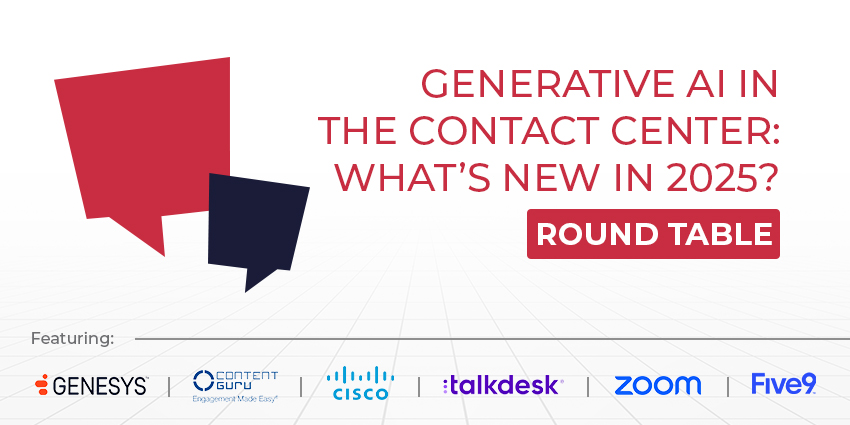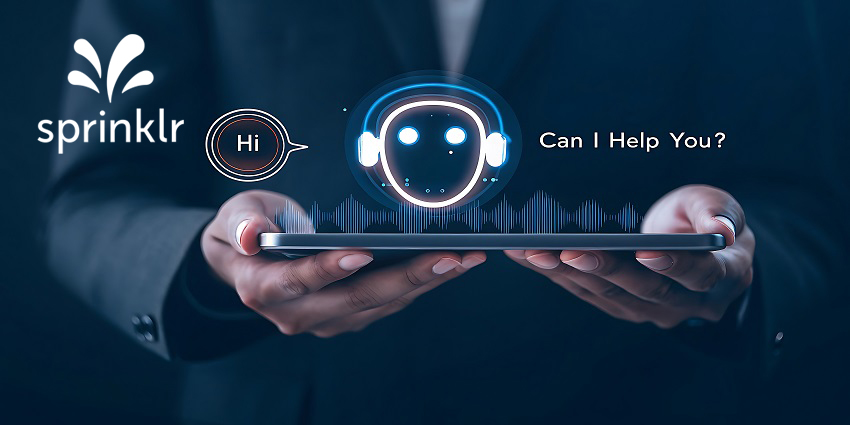Customer experience is the most important buzzword in any marketplace today.
Today, it’s the key competitive differentiator for any brand, more critical than either price or product. Get your customer experience (CX) right, and you can influence the perception that customers have of your brand.
With the right customer experience, you convince people to buy from your company instead of your competitors. More importantly, you can also encourage consumers to become advocates for your business, meaning that they refer new people to your store.
What is Customer Experience?
Customer experience refers to the impression that you have on your target audience.
Multiple different touchpoints are involved in the customer experience journey, ranging from your contact centres to your messaging apps and chatbots.
The two most essential components in any customer experience strategy are “people” and “product. Your audience needs to be blown away by the performance of your product or service. What’s more, they also need to feel good about the service that they get from a representative or agent. This year more than half of all organisations are expected to drive their investments towards customer experience.
Customer experience is critical to the sustained growth of any business, but it’s becoming increasingly difficult for companies to keep on top of all the demands of today’s digital audience. Your customers expect not only an excellent contact centre experience; for instance, but they also want you to interact with them over text, chat, email, social media and more.
This means that companies need to create more immersive omnichannel solutions for their audience. Not only that, but they need to make sure that they can continue to access the context delivered by customer data on every channel too. 89% of customers say they get frustrated by repeating their uses to various representatives.
In this complicated playing field, the companies that want to get ahead of customer experience need help. This means investing in everything from intelligent IVR systems to properly route conversations to the right people, to chatbots that offer 24/7 self-service.
Customer Experience Trends
The changing demands of today’s customers is driving a host of trends that companies need to be aware of. For instance, 52% of customers say that they’re less likely to engage with a company because of a bad mobile experience. Businesses need to understand precisely what their customer’s journey involves and adapt accordingly.
Some of the most interesting trends that we’re seeing at the moment include:
1. Voice Assistants
Around 72% of people who own voice-activated speakers say that they use these devices as part of their daily routine. Customers are getting more comfortable with the technology responsible for intelligent IVRs and NLP assistants.
Switching the standard contact centre experience with an intelligent voice assistant will help many companies to deliver a more contextual and personalised experience for customers. Voice assistants can collect permissions for GDPR purposes, answer common questions, and route clients to the correct agent for their issues.
2. The Rise of IoT
In an increasingly connected world, artificial intelligence devices are starting to act proactively to serve customers. Smart refrigerators that can order milk when someone runs out, to smart printers that stock up on ink are becoming increasingly valuable.
In the years to come, companies will be able to use IoT to determine when devices and systems need extra work or maintenance, and roll-out updates without disrupting their customers. Customer service will become less of a reactive process.
3. Balancing Automation and Humanity
Crucially, while artificial intelligence and chatbots are becoming a more essential part of customer service, they cannot replace human beings completely. Today’s customers still need access to compassionate and creative human staff when dealing with specific problems. Businesses will need to find the right balance between delivering the speed their customers need through robotics and giving them the right human experience.
The key for most organisations will be to ensure that consumers always have the option to upgrade their conversation to a human when necessary.
4. The Rise of Data Ethics
To deliver things like predictive service and customised support, companies need to collect a huge amount of data. However, the rising prevalence of data in customer experience also means that we need a way to protect and control data privacy. In this world of GDPR and countless other regulations, the focus on data ethics is growing more significant by the day.
Businesses will need a way to make sure that they’re not prioritising their data needs over the needs of their customers. Everything from voice recording strategies to data storage methods will need to be revamped to consider the growing demand for privacy and protection.
Customer Experience Statistics
Customer experience, or CX isn’t a new concept. It’s been a hot topic for many companies for several years. However, as organisations continue to see that they simply can’t get by without the right experiences in place, CX concerns are growing. In today’s digitally-connected world, your clients have no problem shouting about bad experiences online and harming your sales potential in the process.
- Moderate improvements in CX could improve the revenue of a $1 billion company by $775 million over 3 years.
- 74% of businesses and 67% of customers would pay more for better experiences.
- 40% of all data projects will relate to customer experience by 2020
- 84% of organisations are working to improve CX today
- Increasing the customer rate of retention by 5% can improve profits by 25% to 95%
- Only 19% of businesses have a customer experience management team in place
- 95% of customers tell people about a bad experience, and 87% share good experiences
- 47% of companies are planning to use chatbots and AI for customer care, and 40% will be deploying virtual assistants.
- 89% of customers get frustrated by repeating their issue to multiple representatives
- 87% of customers think that brands need to work harder at delivering consistent experiences across challenges
- Companies with the strongest omnichannel engagement strategies retain up to 89% of their customers, compared to 33% for those with weak strategies.
Customer Experience Hashtags Used on Social Media
- #CutomerExperience
- #CustomerService
- #Experience
- #DigitalTransformation
- #DX
- #CustomerSuccess
- #Data
- #Automation
- #InstaCustomer
- #CX
- #CustomerSatisfaction
- #HappyCustomer
- #CustomerLoyalty







